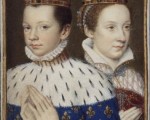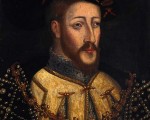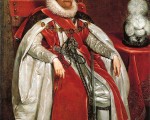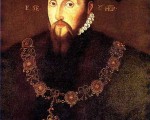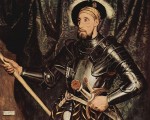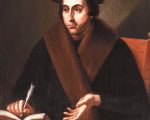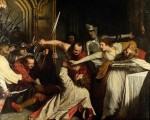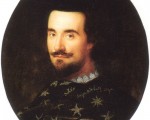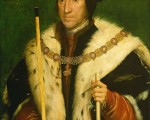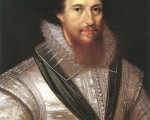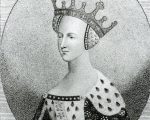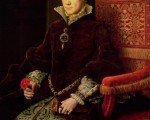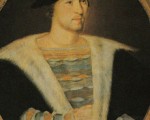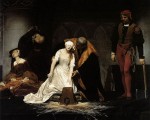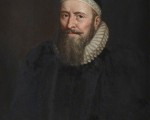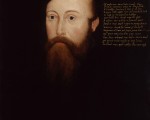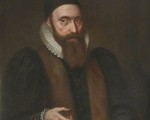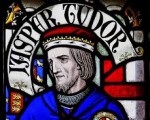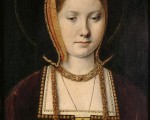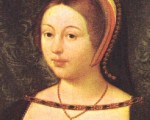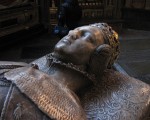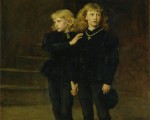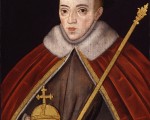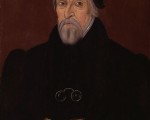12 December:
1546 – Henry Howard, Earl of Surrey was led through the streets of London from Ely Place, where he had been held since the 2nd December, to the Tower of London. There, he was joined by his father, Thomas Howard, 3rd Duke of Norfolk, who was taken to the Tower by barge along the Thames.
1574 – Birth of Anne of Denmark, Queen of England, Scotland, and Ireland as consort of James I, at Skanderborg Castle, Jutland, Denmark. Anne was the second daughter of Frederick II, King of Denmark and Norway, and his wife, Sophia. She married James I, when he was James VI of Scotland, by proxy on 20th August 1589, and in a proper church ceremony on 23rd November 1589. The couple’s children included the future Charles I and Elizabeth Stuart, Queen of Bohemia. Anne died on 2nd March 1619 of consumption and dropsy, and was buried in Henry VII’s Chapel, Westminster Abbey.
1595 – Death of Sir Roger Williams, Protestant Welsh soldier and author, from a fever with his patron, Robert Devereux, Earl of Essex, at his side. He was buried at St Paul’s Cathedral. William served as a soldier in the Low Countries and France, and was second in command to Essex of the cavalry gathered at Tilbury in 1588. He wrote the 1590 “A Briefe Discourse of Warre”.
[Read More...]
